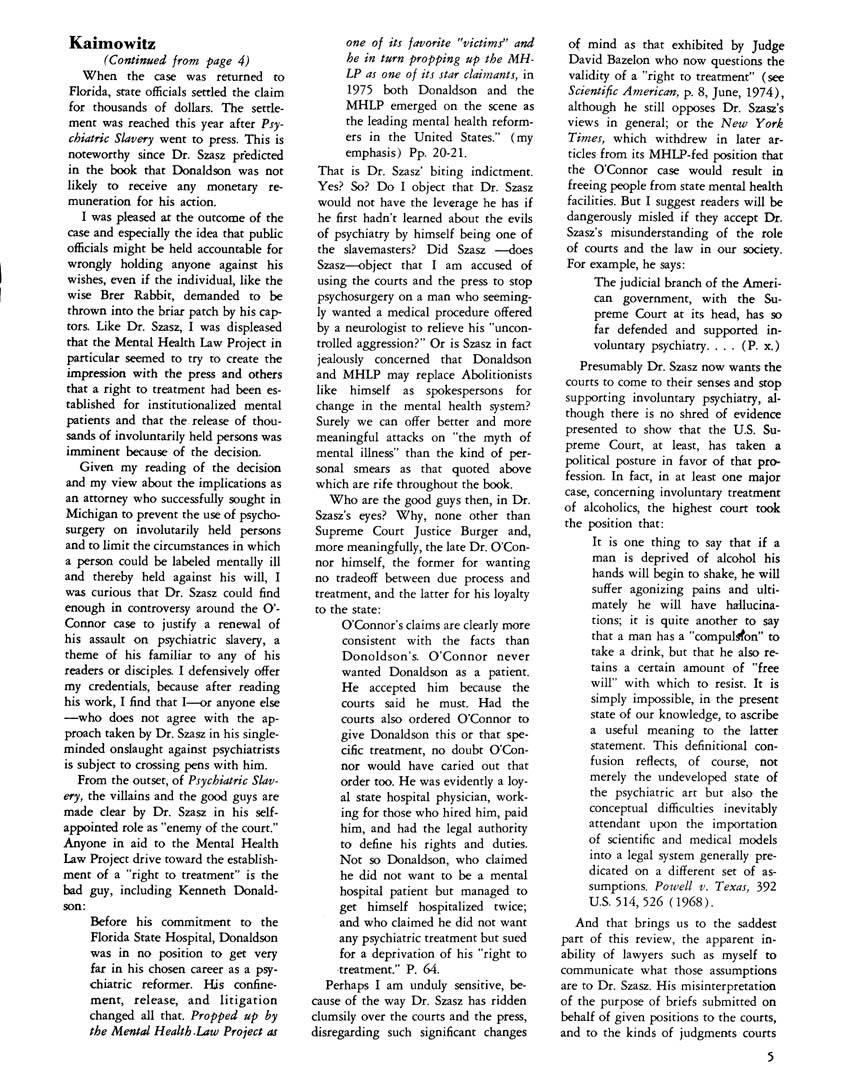


And so the book details that sort of early experiences.Īnd then, what happened was I became part of social movements who pushed me to think more critically and more beautifully, more creatively about building a world without violence - right? - how to reduce our reliance on police and to reduce the reasons why people need them. And even throughout those horrible encounters, they were often the only option to respond to harm and to respond to violence. So, like lots of people who grow up in the United States, I had just unexamined commitments to using and relying on police in my neighborhoods, in my community, because they were the institution that was the most well-resourced, right? So, I had a ton of ranges of experience with police.

Explain your journey.ĭERECKA PURNELL: Of course. You were a advocate for police reform, but you are now what you would call a police or prison abolitionist. Congratulations on this book.ĪMY GOODMAN: You’re a Black woman, a Black mother of two Black sons. Many states have since passed laws aimed at reforming police, but efforts to pass a federal law to overhaul policing failed to pass the Senate, and bipartisan talks over police reform broke down last month.įor more, we’re joined by Derecka Purnell, human rights lawyer, columnist for The Guardian, author of the new book, published Tuesday, Becoming Abolitionists: Police, Protests, and the Pursuit of Freedom.ĭerecka, welcome back to Democracy Now! You are a -ĪMY GOODMAN: It’s great to have you with us. This comes after a series of police killings of African Americans last year prompted a racial reckoning, including George Floyd in Minneapolis, Breonna Taylor in Louisville. Researchers from the University of Washington also found Black people were killed by police at a rate three-and-a-half times higher than white people. A new study published Thursday in the medical journal The Lancet estimates the federal database known as the National Vital Statistics System failed to count more than half the deaths from police violence over nearly 40 years. AMY GOODMAN: This is Democracy Now! I’m Amy Goodman, with Juan González, as we turn to the evolving discussion about abolishing police and the prison-industrial complex amidst the disproportionate rates of police killings and incarceration of Black people.


 0 kommentar(er)
0 kommentar(er)
